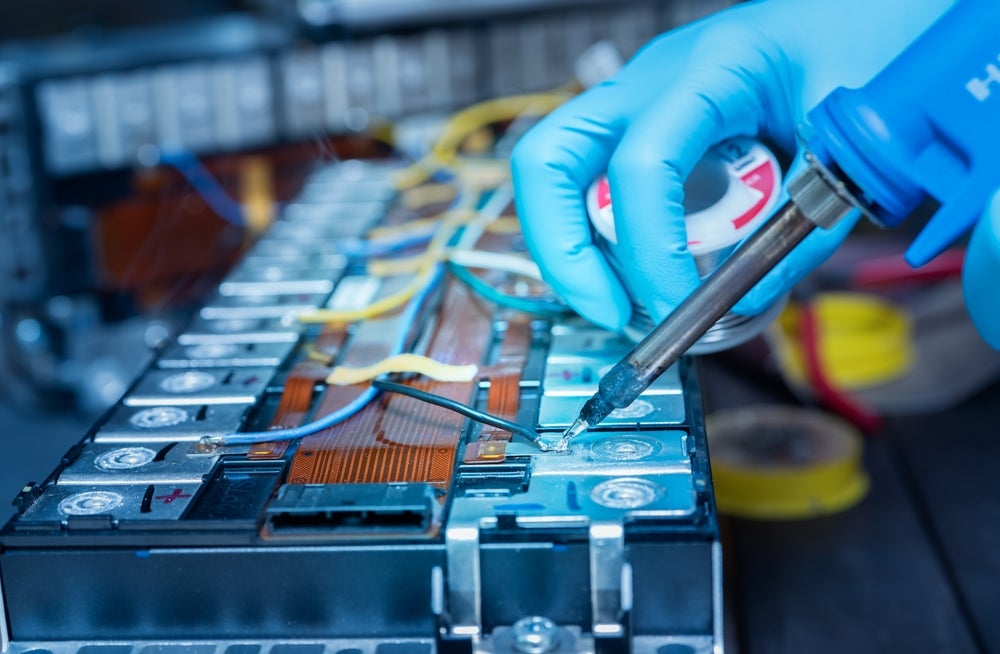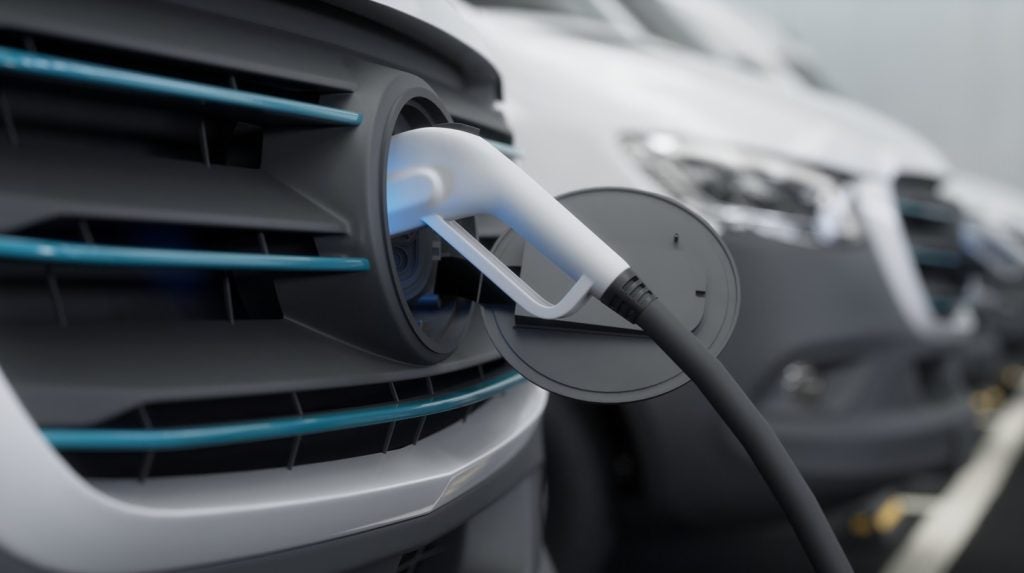The transition to electric vehicles (EVs) has been a bumpy ride. EV registrations for the European Union saw a fall of 10.8% in July, according to the European Automobile Manufacturers’ Association (ACEA). Changing government policies, dwindling financial incentives and challenging economic environments have created a turbulent adoption environment for consumers and manufacturers.
Vehicle choice, cost options and charging infrastructure are essential to sustain consumer interest in greener transport. However, there is another obstacle standing in the way of progress. The Institute of the Motor Industry (IMI) predicts a shortfall of 3,000 technicians capable of servicing and repairing the growing numbers of EVs by 2031, reaching 16,000 by 2035. Garages and mechanics are being left behind in the green transition, highlighting a stark challenge that needs addressing.
The skills gap in specialist EV technicians presents a dual threat to the automotive industry: mechanics miss a lucrative market, and consumers face longer repair times, higher costs, and safety risks from unqualified work on top of the difficulty of finding a garage that can handle their repair. There is a unique opportunity for the education sector, automotive sector, governments and public to collaborate and power the EV industry to ensure long-term and sustainable growth.

Educating on EVs
With the EU’s ambitious target to be climate-neutral by 2050, investment researcher Jeffries predicts the number of EVs on its roads will reach 6.8 million by 2030. This rapid increase in ownership will create a substantial demand for qualified technicians who can safely and efficiently maintain and repair these vehicles.
Unlike traditional cars, EVs come with high-voltage systems. Advanced batteries and software-driven diagnostics require specialist knowledge, skills and tools to maintain and repair them safely. Many garages and mechanics are yet to adapt, held back by limited training options, expensive tools and a lack of capacity to take on EV bookings.
Raising awareness amongst the younger generation about EV-qualified technicians will encourage more individuals to consider careers in this field. Change needs to happen from the jump. When school leavers choose their career paths, EVs should be a part of the engineering syllabus at A-Level or apprenticeship schemes.

US Tariffs are shifting - will you react or anticipate?
Don’t let policy changes catch you off guard. Stay proactive with real-time data and expert analysis.
By GlobalDataManufacturers like Audi and Kia offer education in electrification and some colleges offer specific EV courses, but this needs to be reflected in the core curriculum. Otherwise, unless chosen to specialise in EVs, there is an imbalance in the skills learnt by the mechanics of tomorrow.
EV resources
The IMI, a leading professional body for the automotive sector, offers accredited EV courses across levels 1 to 4. By providing comprehensive and up-to-date training programs, the IMI helps to maintain high standards of professionalism and expertise within the industry.
Beyond ensuring the workforce has had ample training on how to repair EVs, the pressure for garages to invest in specific EV diagnostic and repair equipment can be a burden. One investment method garages can try is collaborating with EV manufacturers, and equipment suppliers – who may be able to offer discounted pricing, bulk purchase deals, or leasing options.
Another consideration is working with local public transport providers with EV fleets to access specialised equipment on a rental basis. By using the latest technology on an ad-hoc basis, garages can offer hands-on training to their staff and save costs long-term.
A growth opportunity for mechanics
The European automotive industry reflects the region’s economic prowess, employing millions and supporting a vast infrastructure network. The EV skills shortage presents a challenge and an opportunity for garages to position themselves at the forefront of the electric revolution.
The future of the automotive industry depends on its ability to adapt and embrace the new technologies shaping the transportation landscape. Training, acquiring specialised equipment, and collaborating with industry partners will help maintain Europe’s EVs as demand grows.
The government’s focus to date has largely been on making EVs more accessible to drivers. For Europe to truly complete the transition to EVs, the same attention must be given to the aftermarket or risk-stalling progress towards a cleaner and greener motoring sector.
Marc Russell is the Chief Commercial Officer at FixMyCar








